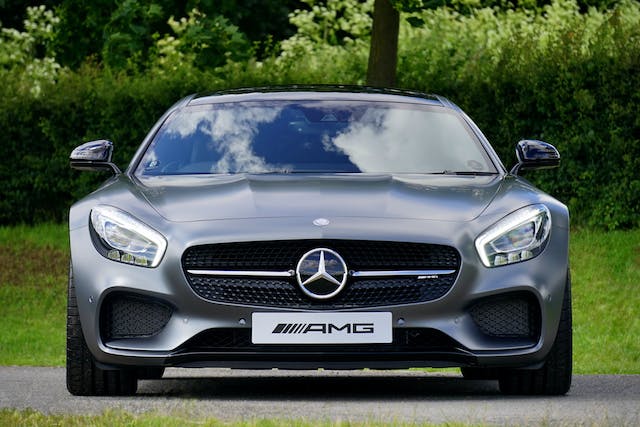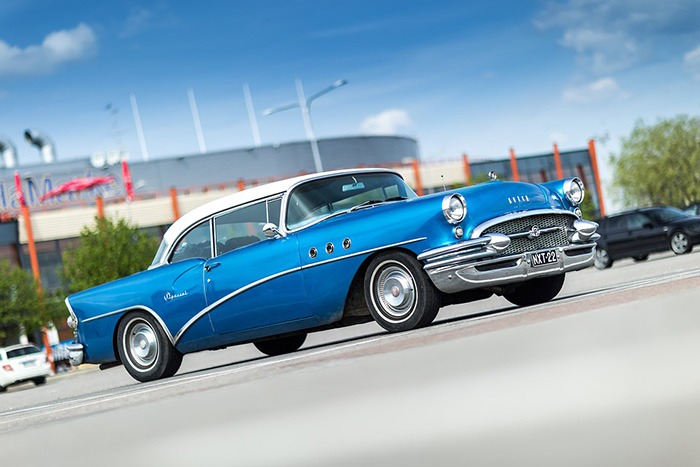There are lots of insurance coverage available for cars. Car insurance is important because it will save you major expenses from car repairs or some other outside factor that causes damage to your car. One of the most important car insurance is liability insurance. In fact, if you do not have that insurance, it will be illegal for you to drive on the roads in some states. It is a legal minimum.
Aside from liability insurance, you can also have comprehensive coverage which will payout for damage from anything other than a collision such as fire, theft, glass damage, storm damage, and vandalism. Or you can have collision coverage that pays out when you damage your vehicle in a collision whether with another vehicle or other things like a mailbox or a tree. But the question is, for how long should you have full coverage on your car? Is it worth it to have full coverage on an older car?
If you are considering the best way to protect an older car, then there are some things you need to take into consideration. Today, we are going to give you some of the factors to consider and as well as tips which will help you decide if you should have full coverage on an older car.
NOTE: Anytime you’re considering changing insurance coverage always be sure to discuss the options with your insurance agent to understand the additional risk and liabilities you maybe taking on with the change.
Is Your Car a Classic?
A classic car is envied by collectors that’s why they are stored safely, only driven by super safe drivers, and are not meant to be a primary mode of transportation. It is more for show than for any practical purpose. Insurance companies offer something called classic car insurance. However, the bar is high for what qualifies as a classic car, and one example is a 1957 Chevrolet Bel-Air. If you own a classic car, then you should have full coverage on it. Do not immediately remove collision or comprehensive insurance from it even though it is already 60 years old.
Consider the Cost of Your Premium
When insuring an older car, you should consider the actual amount that you will be paying an insurance company every month. Car insurance premiums do not go up or down just because a vehicle is older. There are also other factors that can make a premium higher like if your car is beloved by thieves, if you do not have the best safety and anti-theft features, and if you are an unsafe driver. Also, other factors like your location, driving history, and age will also impact insurance rates for old and new vehicles.
Considering the cost of your premium is important because you may be paying more for your insurance policy than your car is truly worth. Meaning, you are paying more for your insurance policy than how much you would likely receive in case of a collision. If your worried about cost be sure to check out the Money Expert for options.
Consider Dropping Comprehensive and Collision Coverage
If you’ve realized that you’re paying more for your car’s insurance than your car’s worth, then dropping collision and comprehensive coverage from your insurance policy can help you save a considerable amount of money. Collision and comprehensive insurance are not required legally in any state and by dropping them from your plan, you will be able to save hundreds of dollars per year.
Dropping comprehensive insurance is a smart idea for some who own old cars because this type of coverage only covers damage to your vehicle if you cause an accident. Meaning, the older your car is, the less money you are likely to get back when you cause an accident and damage your vehicle. However, if you are accident prone, you probably better not drop this insurance.
When Should You RemoveFull Coverage on an Older Vehicle?
After knowing some of the factors to consider, it is now time to answer the question if you should have full coverage on an older car, and also when should you remove collision and comprehensive insurance from an older vehicle?
These are actually tricky questions because there isn’t some specific vehicle’s age or mileage when you should absolutely cut these insurances. But there are ways for you to decide whether you keep the full coverage on your older car or remove collision and comprehensive insurance from it.
One is you should ask yourself if in case your vehicle suddenly needs significant repairs, would you decide to replace it? If you would look at the estimated repair bill, look at the value of your vehicle, and decide to just buy a new one instead of getting it repaired, then it may be time for you to drop collision and comprehensive insurance from your plan.
Another way to decide is by checking the Blue Book value and seeing how much your old vehicle is worth. This can also help you decide if you should have full coverage on your car or cut some insurances from it. Once you see the value of your old car, use that number to decide if it’s really worth the price of your insurance policy.
These are some of the tips we can share to help you decide if you should have full coverage on an older car. Deciding on it really depends on how you use your car and if you are planning to use and keep it for a longer time.


